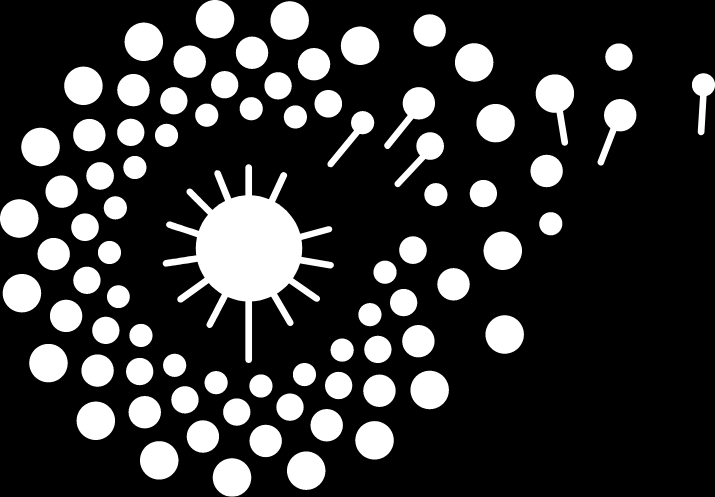Hospicing Modernity by Vanessa Machado De Oliveira
Chapter 2.1: A Single Story of “Forward”
Introduction to Modernity's Collective Imagination
Modernity has inculcated a narrative of continual progress and development that dictates how we imagine the world and our place within it. Vanessa Machado De Oliveira recounts experiences from her research in education across two decades to highlight how modernity's story constrains our collective imagination, particularly in the dynamics between economically rich and poor countries, and entrenches harmful representations of inequality, poverty, and cultural differences.
The Limitations of Educational Representations
De Oliveira critiques the educational representations that reproduce distorted images of global issues, proposing paternalistic and oversimplified solutions. Her engagement with global citizenship education, particularly the British Council's school linking program, exposed the perpetuation of cultural hierarchies and the narrative of development as a single aspirational goal. The chapter introduces debates in international development regarding the controversial classification of countries, criticizing terms like "developed" or "developing" for reinforcing power dynamics. Instead, she suggests the use of global "north" and "south" as pedagogical tools to illuminate these complex issues.
Personal Experiences in Global Citizenship Education
Sharing personal anecdotes from her time coordinating a school program between Brazil and the UK, De Oliveira identifies troubling assumptions about privilege, poverty, and the educational utility of cultural difference. She observes that these programs often acted as forms of consumption of the "other" for personal growth, without a reciprocal educational benefit for the less privileged. These revelations spurred her to explore the persistence of this single story of progress and its implications for society.
Contesting the Single Story in North-South Engagements
De Oliveira problematizes the historical assumptions underpinning global north-south relationships, using metaphorical exercises to initiate conversations around these sensitive topics. The metaphor of yellow corn highlights the limitations imposed on our imagination by dominant narratives, and the exclusion or devaluing of alternatives. This imagery segues into discussions of how education and global engagements replicate harmful divisions and perpetuate unjust global hierarchies.
Interventions and the HEADS UP Tool
She suggests interventions like the HEADS UP checklist to identify and address problematic patterns in educational and philanthropic efforts. HEADS UP stands for Hegemonic, Ethnocentric, Ahistorical, Depoliticized, Self-serving, Uncomplicated, and Paternalistic—patterns that reinforce existing harmful dynamics. The tool encourages challenging these assumptions to facilitate more equitable and sensitive international engagements.
Concluding Reflections: The Complexity of Addressing Modernity's Harms
Finally, De Oliveira reflects on the challenges of addressing the harms perpetrated by modernity within the educational context and beyond. She emphasizes that genuine change requires resilience and a willingness to confront our complicity in these systems of harm. The chapter closes with an invitation for the reader to contemplate the deeper implications of their beliefs and actions within the framework of a modernity that often obscures its own destructive nature.

